14 Nutrient-Dense Seeds You Should Be Eating Daily
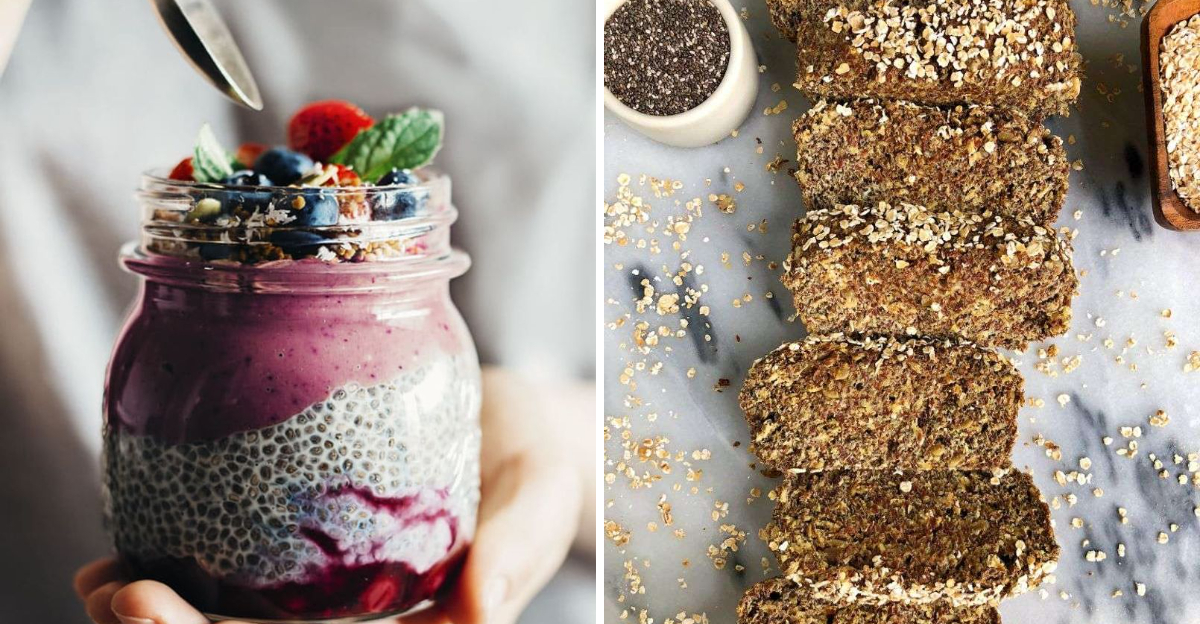
Seeds may be tiny, but they pack a serious nutritional punch. Loaded with fiber, healthy fats, protein, and essential minerals, these little powerhouses can easily upgrade your smoothies, salads, and snacks. Whether you’re looking to boost heart health, improve digestion, or get in more plant-based protein, here are 14 nutrient-dense seeds worth adding to your daily diet.
1. Chia Seeds
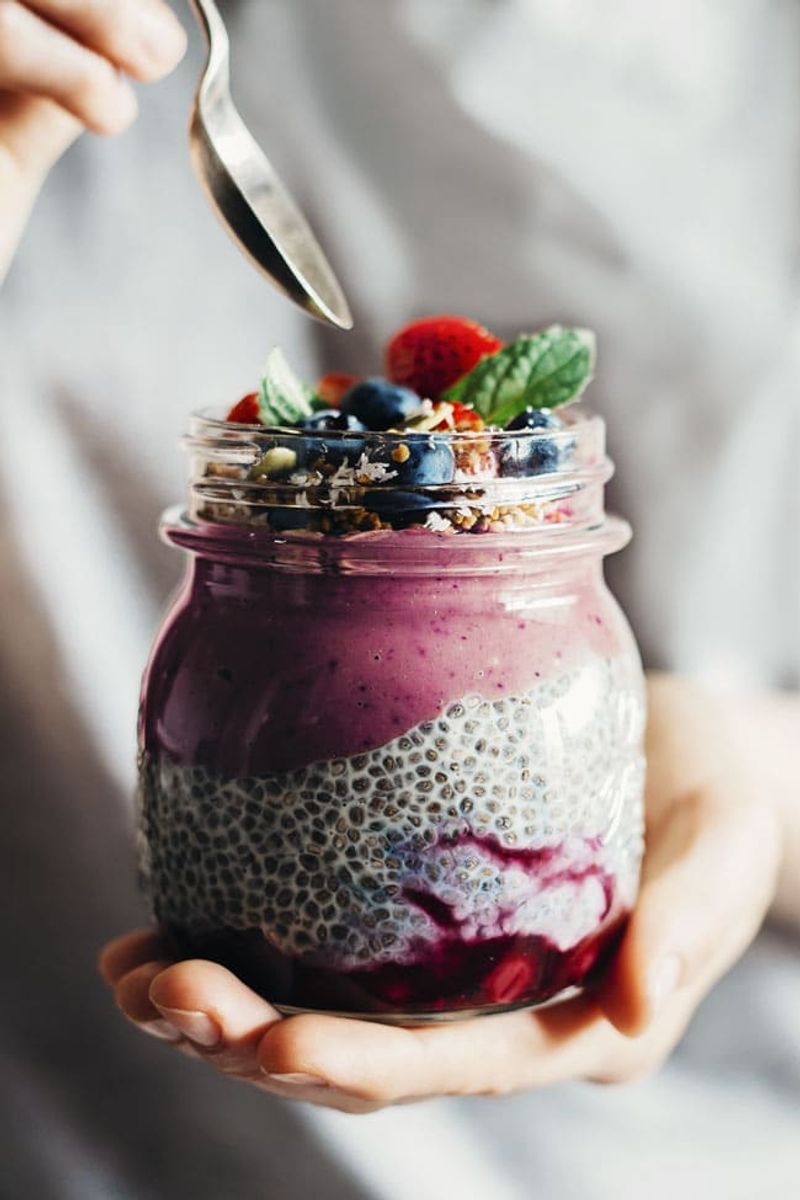
In a world where size isn’t everything, chia seeds shine brightly. These tiny seeds are loaded with omega-3 fatty acids, which are crucial for brain health. They also boast an impressive fiber content. Just a tablespoon provides nearly 5 grams of fiber, promoting healthy digestion and satiety. Chia seeds absorb liquid, forming a gel-like consistency, making them perfect for puddings and smoothies. Interestingly, the Aztecs considered chia seeds a vital energy source, often carrying them on long journeys. Easy to incorporate, they can be sprinkled on yogurt, blended into drinks, or even used as an egg substitute.
2. Flaxseeds
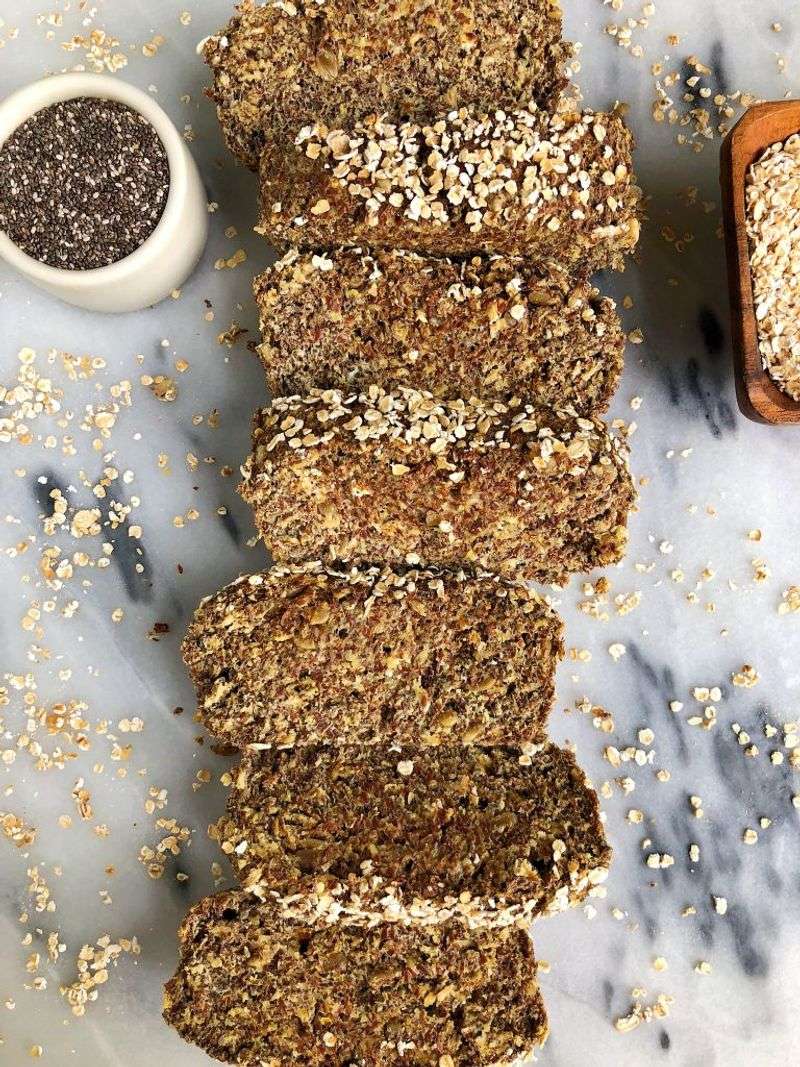
Flaxseeds, though often overshadowed by trendier seeds, hold their own with aplomb. Rich in lignans, they support hormonal balance and have antioxidant properties. The alpha-linolenic acid (ALA) in flaxseeds plays a vital role in combating inflammation. Interestingly, they are best consumed ground to ensure optimal nutrient absorption. Historically, flaxseeds have been cultivated since the times of ancient Egypt. Their versatility is unmatched: sprinkle them on oatmeal, fold them into muffin batter, or mix them into your morning smoothie for a nutritional boost.
3. Hemp Seeds
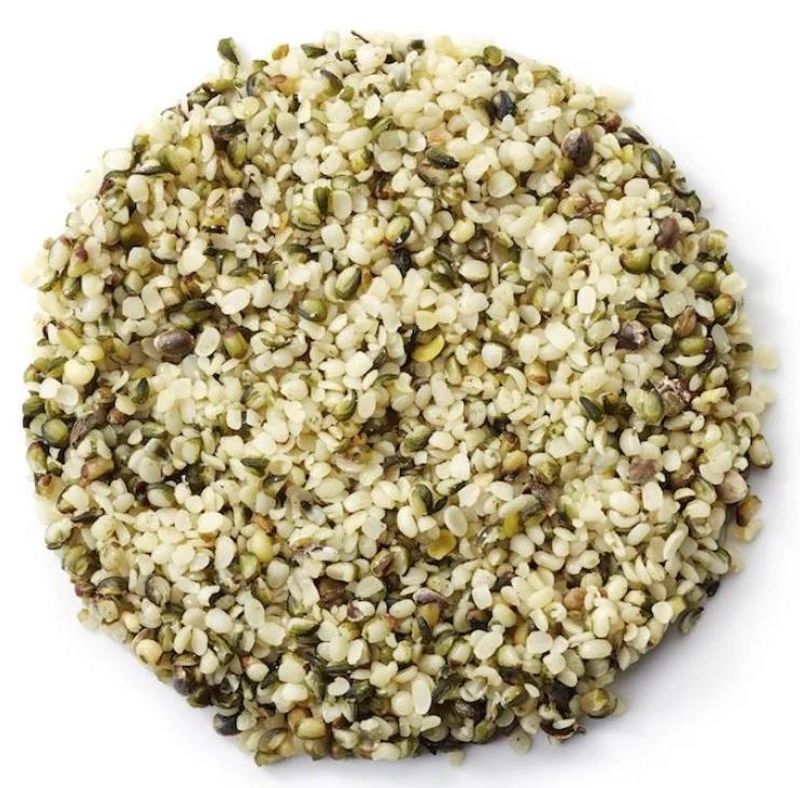
Known for their nutty flavor and versatility, hemp seeds are truly a nutritional marvel. They are a complete protein source, containing all nine essential amino acids, making them ideal for vegetarians. Alongside protein, they are packed with magnesium, benefiting bone health and nerve function. Omega-6 fatty acids in hemp seeds support brain and joint health. These seeds are believed to have been used by ancient Chinese civilizations for medicinal purposes. Include them in salads, smoothies, or homemade granola bars for a crunchy, nutrient-packed addition to your day.
4. Pumpkin Seeds (Pepitas)
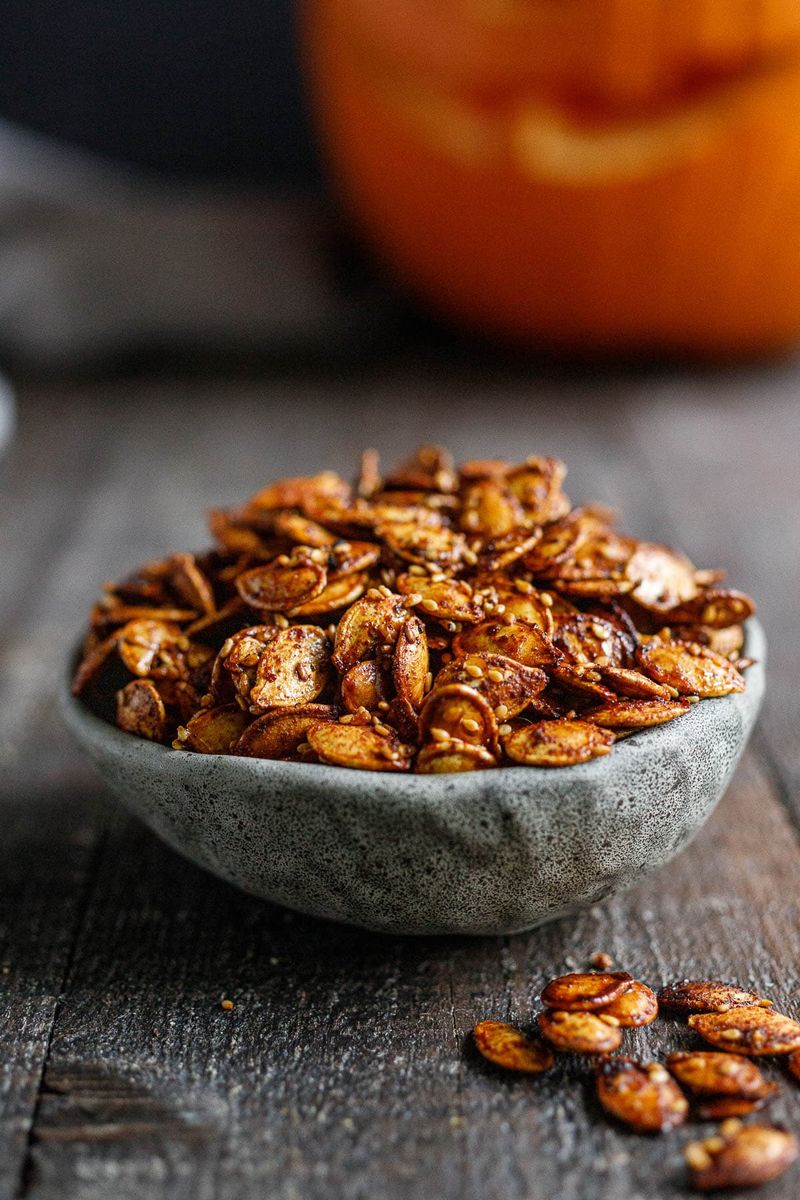
Pepitas, or pumpkin seeds, are a delicious and nutritious snack. They’re rich in magnesium, necessary for various biochemical reactions in the body, including energy production. Zinc found in these seeds supports immune health, while tryptophan may aid in better sleep. Enjoy them roasted or raw; they add a delightful crunch to dishes. Historically, Native Americans revered pumpkin seeds for their health properties, using them both as food and medicine. Add them to salads, trail mix, or enjoy them on their own for a satisfying, healthful treat.
5. Sunflower Seeds
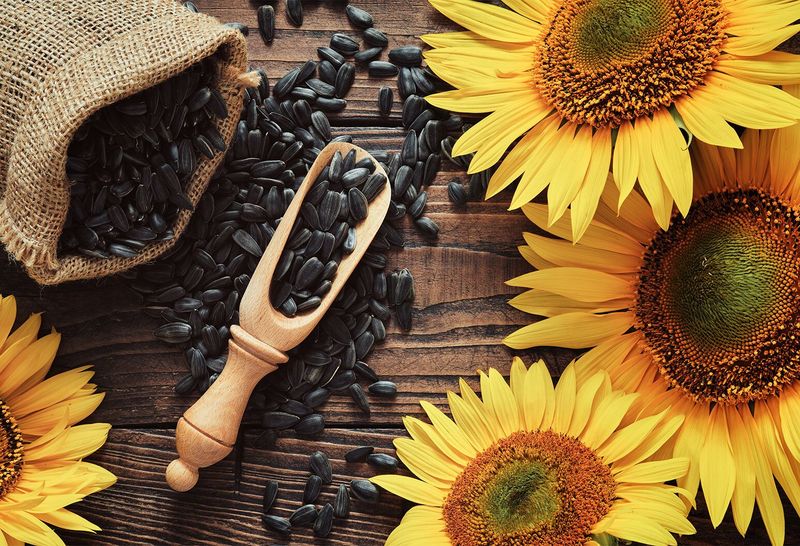
Sunflower seeds are small but mighty in offering health benefits. Packed with vitamin E and selenium, they play a crucial role in maintaining skin health and combatting inflammation. The healthy fats found in sunflower seeds support heart health. Interestingly, they were cultivated by Native Americans over 5,000 years ago. These seeds can be enjoyed raw, roasted, or incorporated into a variety of dishes. Sprinkle them on salads, mix them into your cereal, or enjoy them as a standalone snack when you feel peckish.
6. Sesame Seeds
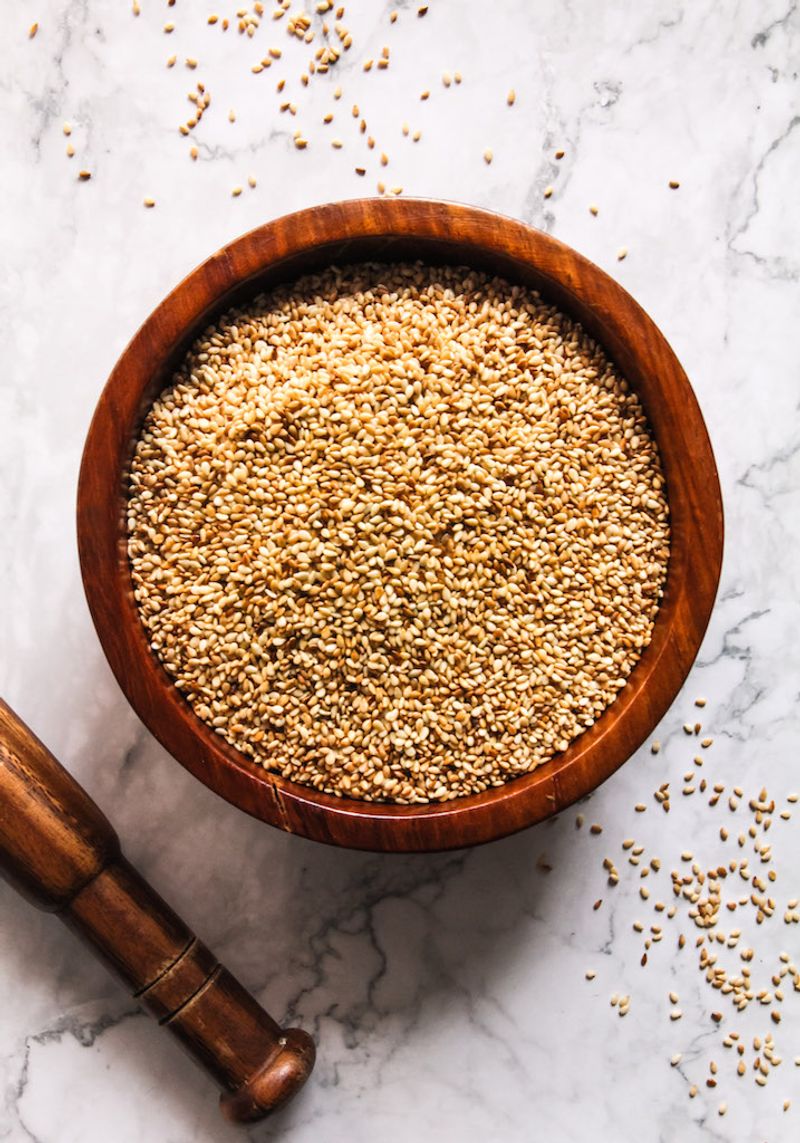
Sesame seeds, with their nutty aroma, are an ancient and versatile ingredient. Rich in calcium and iron, they support bone health and energy levels. Interestingly, the phrase “Open Sesame” stems from the seed pod’s ability to burst open when ripe. Used as tahini, they provide a creamy texture and an earthy flavor. The lignans found in these seeds add antioxidant properties, enhancing overall health. Toast or grind them to unlock their full potential. Use them in dressings, sprinkle on dishes, or enjoy as sesame paste for a nutritious treat.
7. Pomegranate Seeds (Arils)
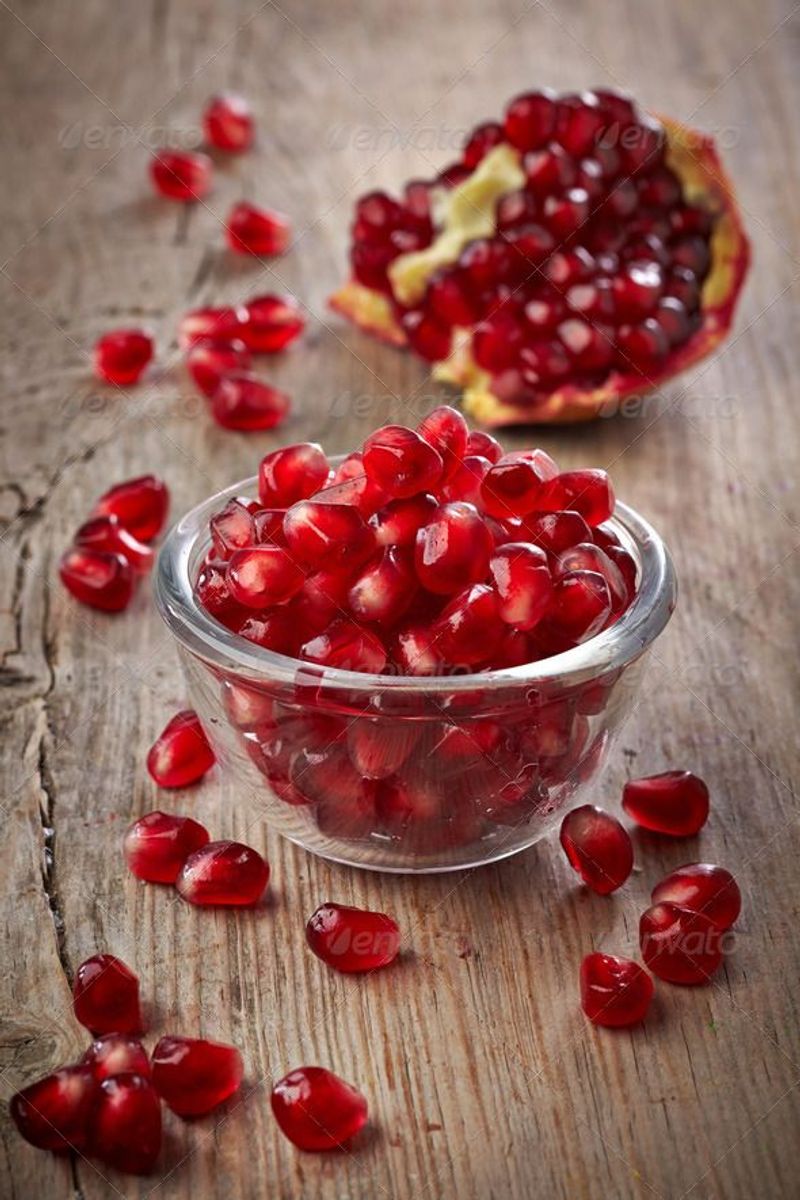
Pomegranate seeds, or arils, are a testament to nature’s bounty, filled with vibrant color and health benefits. These seeds are packed with polyphenols, antioxidants that fight oxidative stress and inflammation. Known in ancient cultures as “the fruit of the dead,” they symbolize life and fertility. The sweet-tart flavor of arils makes them a delightful addition to salads, desserts, or as a standalone snack. With their juicy pop, they enhance the visual and gustatory appeal of any dish. Embrace their goodness by sprinkling them over yogurt or blending into smoothies.
8. Quinoa
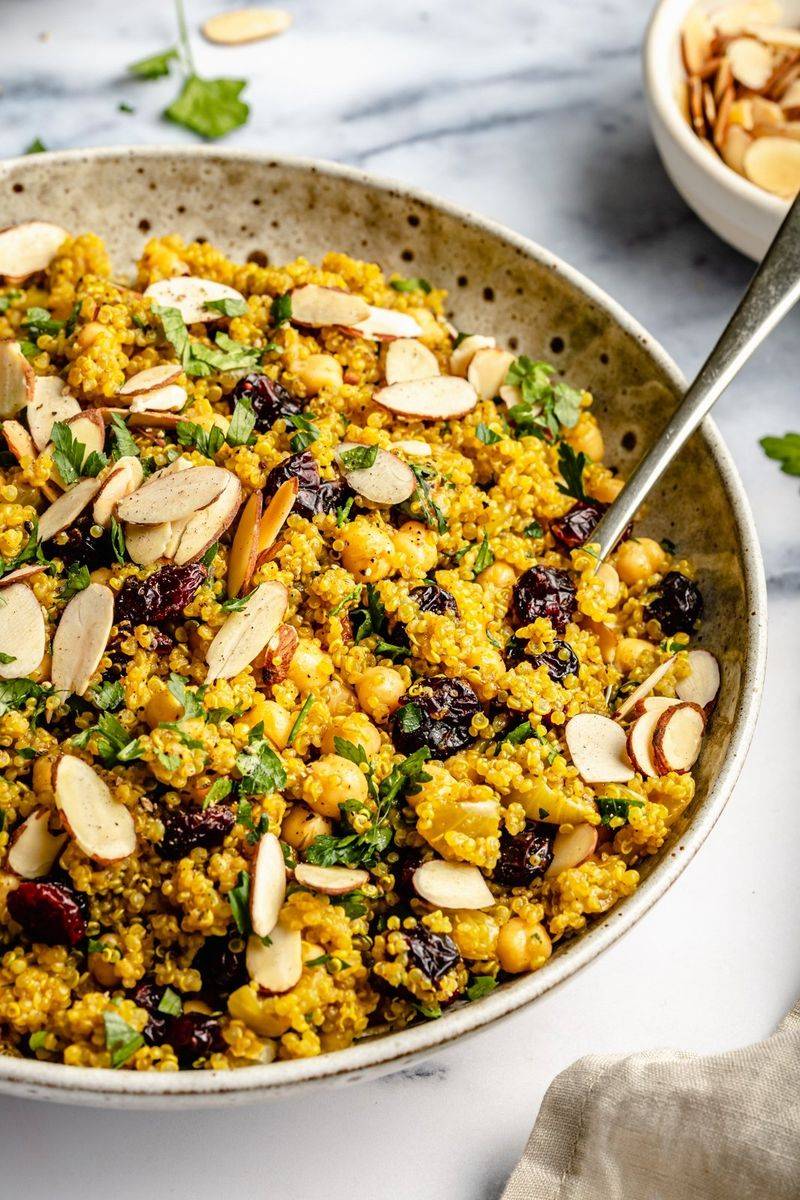
Often mistaken for a grain, quinoa is a seed that offers a robust nutritional profile. It’s gluten-free and high in protein, providing all nine essential amino acids. Manganese, found in quinoa, supports bone health and metabolism. Cultivated by the Incas, quinoa was considered the “mother of all grains.” Its versatility allows it to be used in salads, soups, or as a rice substitute. With its fluffy texture and mild taste, quinoa is easy to incorporate into meals and can be enhanced with various herbs and spices for added flavor.
9. Amaranth
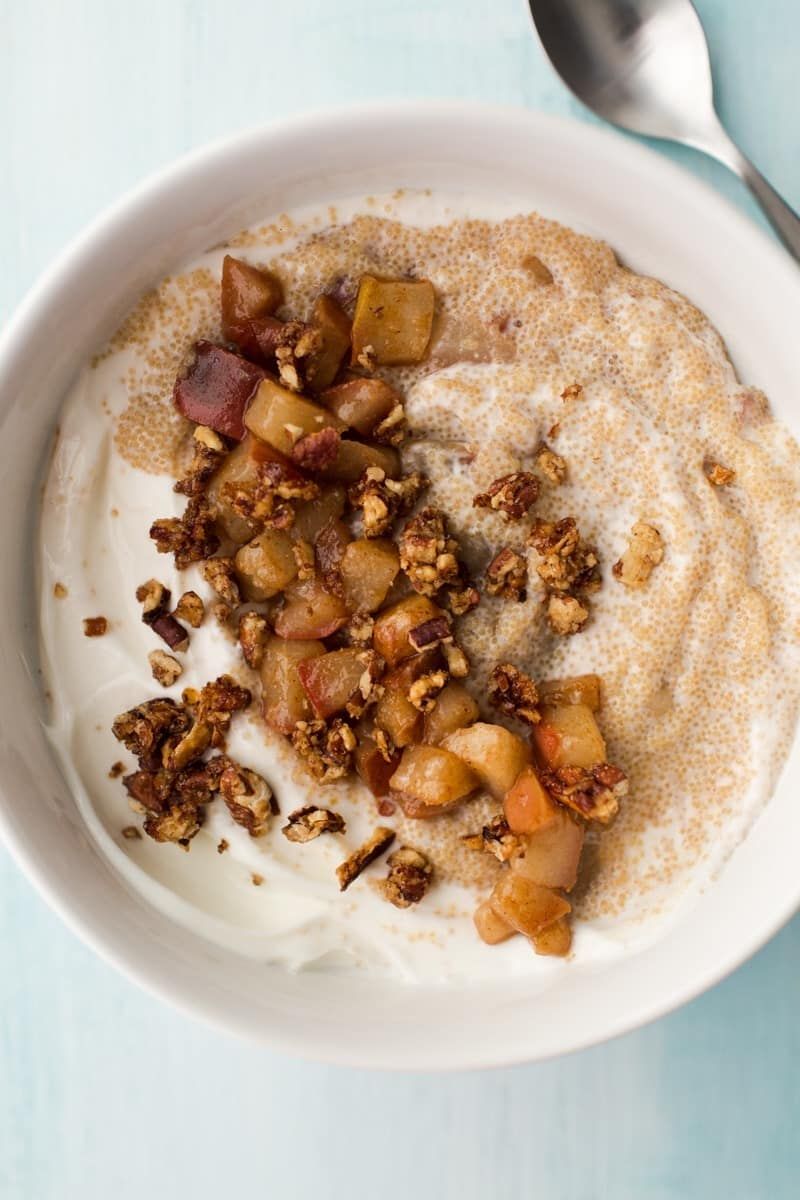
Amaranth, a less-known pseudo-grain, boasts impressive health benefits. Rich in protein and calcium, it’s particularly beneficial for bone health. Iron found in amaranth supports red blood cell production. This ancient seed was a staple of the Aztec diet, revered for its resilience and nutritional value. Cooked like porridge, it offers a comforting, nutty flavor perfect for breakfast. Alternatively, use it in baked goods for added texture. Its versatility and nutrient density make amaranth a valuable addition to gluten-free diets and a delightful culinary discovery.
10. Cucumber Seeds
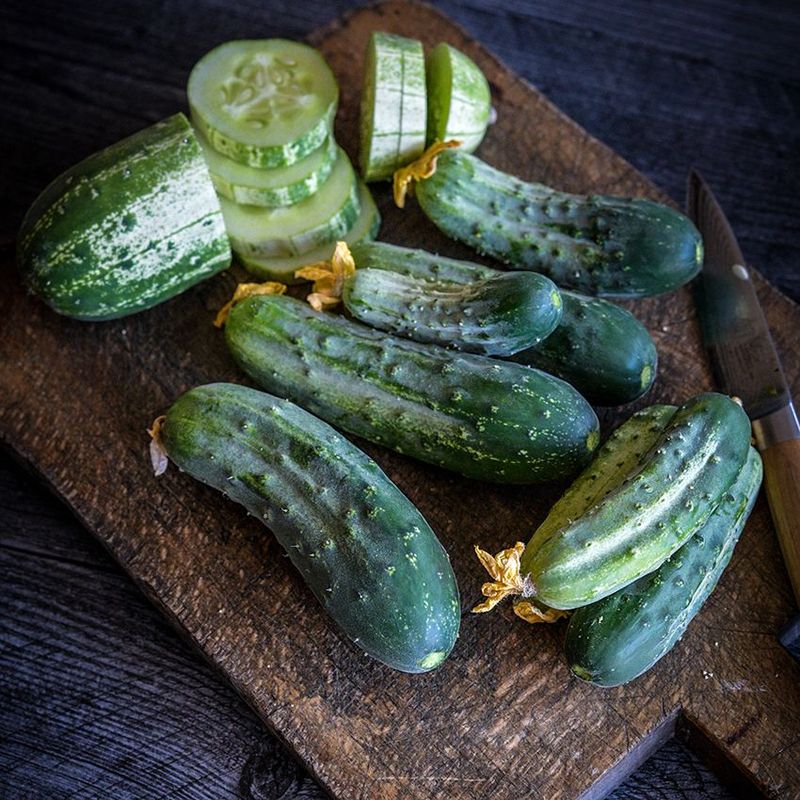
While often discarded, cucumber seeds are rich in potassium and magnesium, essential for cardiovascular health and fluid balance. These seeds are small yet mighty, adding nutritional value without extra effort. Historically, cucumbers were cultivated in ancient India, celebrated for their cooling properties. Instead of tossing them, relish the seeds’ benefits by blending them into smoothies or leaving them in salads. Their mild taste complements a variety of dishes, making them an easy addition to your daily diet. Enjoy the refreshing crunch and added nutrients they provide.
11. Watermelon Seeds (Roasted)
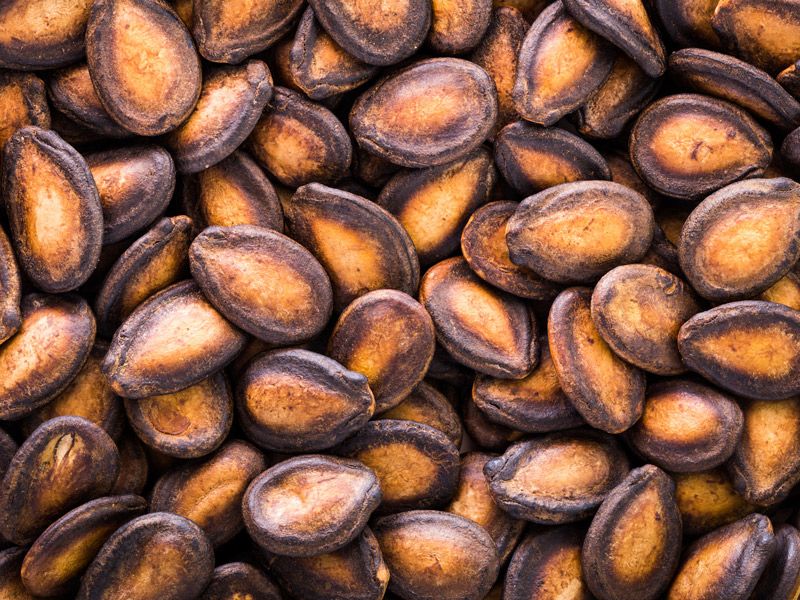
Surprisingly nutritious, watermelon seeds offer a lot when roasted. High in protein and magnesium, they support muscle and nerve function. Historically, watermelon seeds have been consumed in Africa for their nutritional benefits. When roasted, they transform into a crunchy, savory snack, perfect for on-the-go. Their nutty flavor complements both sweet and savory dishes. Include them in trail mixes, sprinkle over salads, or simply enjoy as a standalone snack. These seeds are a delightful surprise, turning a summertime fruit staple into a nutritious powerhouse.
12. Grape Seeds (Extract or Whole)
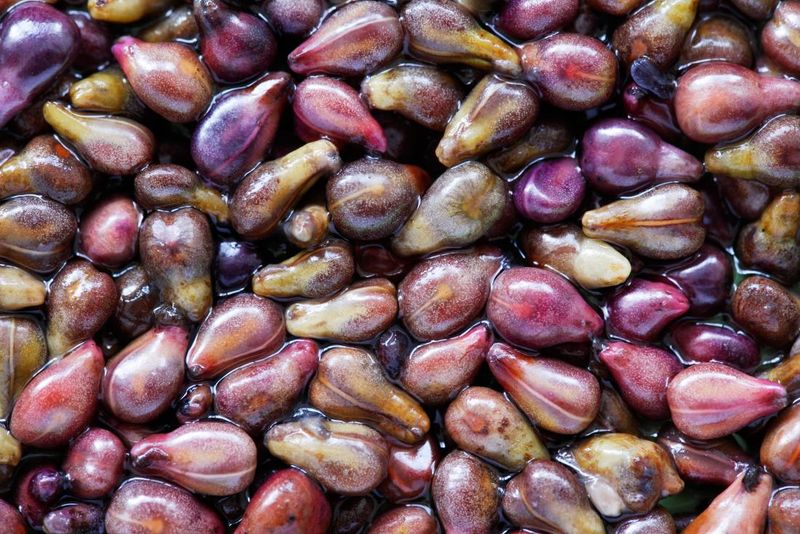
Grape seeds, often overlooked, are packed with antioxidants, particularly proanthocyanidins. These compounds support cardiovascular health and skin repair, making them a valuable addition to your diet. Historically, grape seeds have been used in traditional medicine for their healing properties. Whether consumed as whole seeds or as an extract, they offer numerous health benefits. Incorporate them into smoothies or use grape seed oil for cooking. As part of a balanced diet, grape seeds boost your overall wellness with their antioxidant-rich profile.
13. Nigella Seeds (Black Cumin)
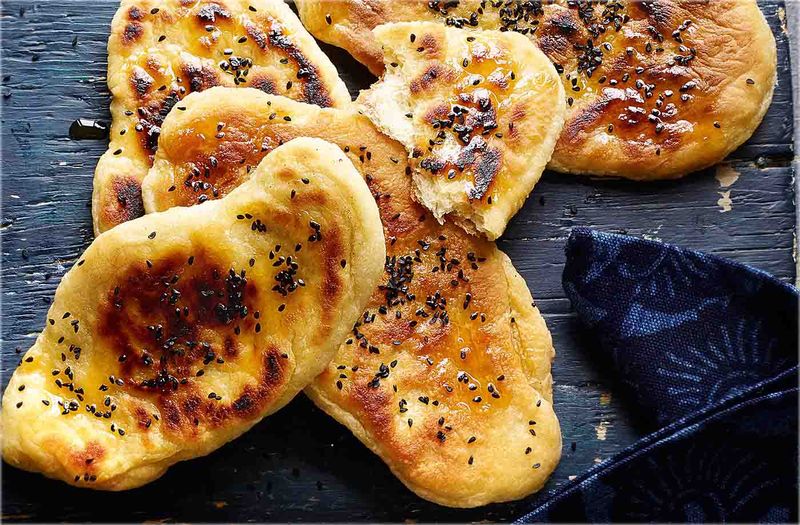
Often referred to as black cumin, nigella seeds are a staple in Middle Eastern and South Asian cuisines. Known for immune-boosting and anti-inflammatory properties, they have been used for centuries in traditional medicine. The Prophet Muhammad reportedly said these seeds “cure everything but death.” Their slightly bitter and peppery flavor enhances curries, bread, and pickles. Often sprinkled on top of naan or added to vegetable dishes, nigella seeds offer a unique taste and a wealth of health benefits, making them a worthy addition to various recipes.
14. Basil Seeds (Sabja Seeds)
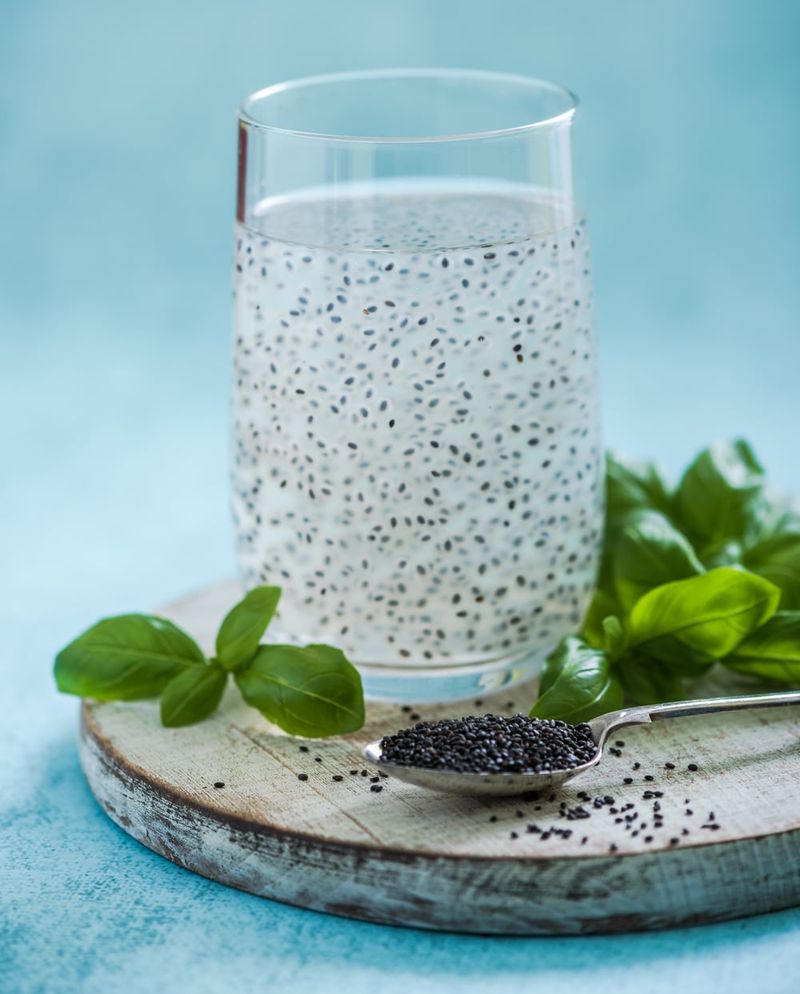
Reminiscent of chia seeds, basil seeds swell when soaked, offering a unique texture. Popular in Southeast Asian beverages, they are hydrating and support digestion. Often used in traditional Ayurvedic medicine, these seeds are believed to cool the body. Their neutral taste allows them to blend seamlessly into drinks or desserts. Incorporate them into lemonade, smoothies, or puddings for a refreshing twist. Basil seeds, with their intriguing texture and health benefits, are an exotic and healthful addition to your culinary repertoire.
